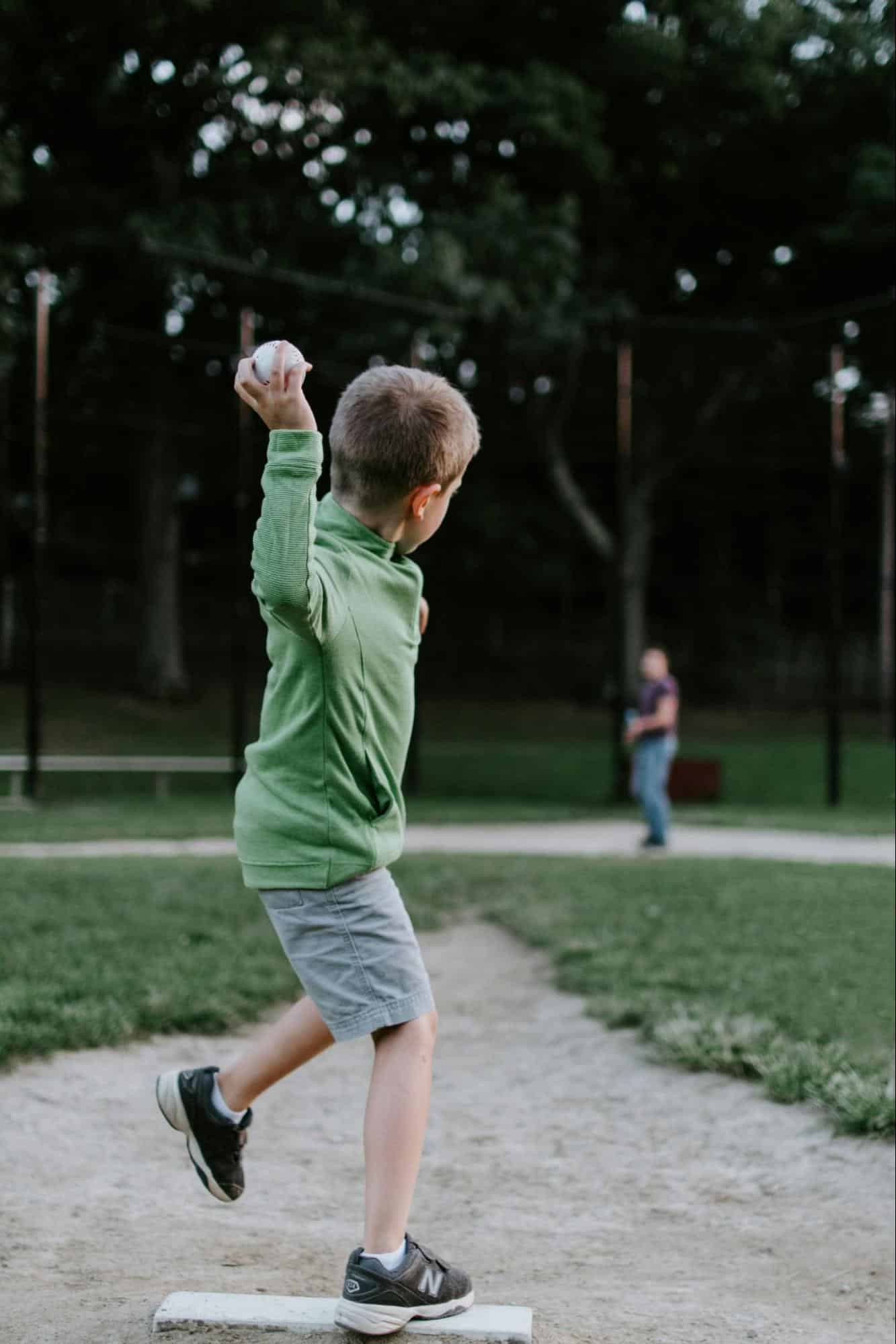By: Nicholas Moore
In post-divorce adjustments, one crucial thread often overlooked is the maintenance of a strong father-child bond. Fathers navigating this terrain encounter unique challenges, from the emotional strain of separation to practical hurdles in staying connected.
Research consistently highlights the profound impact of a father’s involvement on a child’s well-being, from academic success to emotional resilience. The Dadvocates, a law firm founded by Samera Habib that focuses on fathers’ rights, supports fathers seeking to nurture these vital connections.
Offering a comprehensive approach, Habib addresses the multifaceted challenges surrounding fathers’ rights, from navigating co-parenting dynamics and managing schedules to finding meaningful ways to stay engaged. Habib lends her professional insights to empower fathers with the tools needed to foster enduring, positive relationships with their children, creating a foundation of love and support that transcends the challenges of divorce.
Understanding the Impact of Divorce on Father-Child Relationships
Divorce marks a significant life transition, not just for the couple separating but also for the children involved. Fathers, in particular, often experience a range of emotions during and after divorce, from grief and loss to uncertainty about their role in their children’s lives. These emotional effects can reverberate within father-child relationships, influencing the dynamics and connections they share.
“For children, divorce can be a tumultuous experience, stirring up feelings of confusion, sadness, and even anger,” says Samera Habib with The Dadvocates. “They may struggle to comprehend the changes in their family structure and the altered presence of their father.”
Common hurdles faced by fathers include limited time with their children due to custody arrangements, financial strains that affect their ability to provide, and the emotional toll of navigating co-parenting relationships.
Acknowledging these challenges is the first step towards overcoming them. Addressing these difficulties head-on is crucial for nurturing healthy father-child relationships. By recognizing and validating the emotional impact of divorce on both parties, fathers can begin to navigate these challenges more effectively.
Building Effective Communication Channels
Communication serves as the cornerstone of any healthy relationship, and this holds particularly true for father-child bonds post-divorce. Establishing open, honest channels of communication is essential for understanding each other’s perspectives and feelings.
Actively listening to children’s thoughts and emotions without judgment fosters trust and understanding. Encourage them to express themselves freely, acknowledging their feelings with empathy.
“Whether it’s through regular phone calls, video chats, or in-person visits, make an effort to be consistently present in your child’s life. Reliable communication helps reassure them of your love and support,” notes Habib.
Understand and respect your child’s boundaries, especially when discussing sensitive topics related to the divorce. Give them space when needed, and make it clear that you’re available when they’re ready to talk. Tailor your communication style to your child’s age and level of understanding. Use simple, clear language for younger children and more nuanced discussions for older ones.
When navigating potentially difficult conversations, approach them with a calm and composed demeanor. Focus on problem-solving rather than placing blame or escalating conflict. Fathers can strengthen their relationships with their children post-divorce by fostering an open dialogue and mutual respect.

Prioritizing Quality Time and Involvement
Quality time spent together is invaluable for strengthening the father-child relationship post-divorce. It’s not just about the quantity of time but the quality of the interactions that matter most.
Establishing regular routines or rituals, such as weekly movie nights, cooking together, or outdoor adventures, provides a sense of stability and anticipation for both fathers and children. Discover and nurture shared interests with your children. Whether it’s sports, art, music, or a love for nature, engaging in activities together strengthens the bond and creates lasting memories.
Support your child’s curiosity by exploring new interests or hobbies together. This fosters their personal growth and strengthens the connection between father and child. Make a concerted effort to be present during important milestones and events in your child’s life. Celebrate achievements, attend school functions, and actively participate in their lives.
Being consistent and reliable in your involvement sends a powerful message of love and commitment. Children thrive on predictability and knowing they can count on their father’s presence. By prioritizing quality time and consistent involvement, fathers can cultivate a sense of security and closeness with their children post-divorce.
Supporting Emotional Well-Being
Divorce brings a wave of emotions for both fathers and children, making it crucial to address and support their emotional well-being. Encourage an open dialogue where children feel safe expressing their emotions. Actively listen without judgment, validating their feelings and reassuring them that it’s okay to feel what they feel.
“Establish an environment at home where emotions are accepted and discussed openly. This allows children to process their feelings and fosters trust in their relationship with their father,” says Habib.
Be a steady source of support for your children, especially during times of emotional distress. Let them know you’re there to listen, offer comfort, and help them navigate their emotions. Children learn by example, so they demonstrate healthy ways to cope with stress and emotions. Whether it’s through exercise, journaling, or mindfulness practices, show them how to manage emotions constructively.
Managing one’s own emotional well-being is equally vital. Fathers should prioritize self-care, whether through therapy, hobbies, or time with supportive friends. By taking care of themselves, fathers can better support their children.
In the aftermath of divorce, supporting emotional well-being is paramount for fathers and children alike. Through active listening, validation, and fostering a safe space, fathers can help their children navigate the complex emotions that arise. Additionally, practicing self-care ensures fathers are emotionally equipped to provide the support their children need during this challenging time.
The bond between father and child stands as a crucial thread woven with care and intention. Throughout this guide, we’ve delved into the significance of nurturing this bond, understanding its complexities, and offering strategies for strengthening it.
Maintaining a strong father-child relationship post-divorce is not just beneficial; it is essential for the well-being of both fathers and children. Research consistently highlights the profound impact of a father’s involvement on a child’s development, from emotional resilience to academic success. By prioritizing quality time, effective communication, supporting emotional well-being, and active involvement, fathers lay the foundation for lasting, meaningful relationships with their children.
Published by: Holy Minoza





